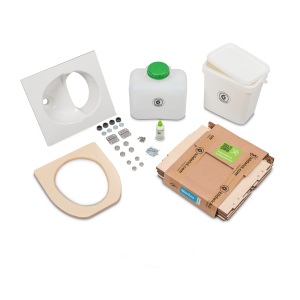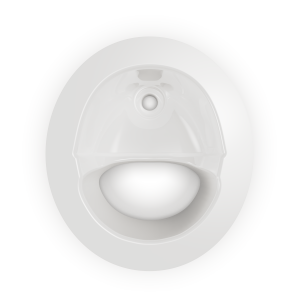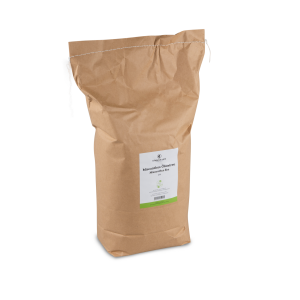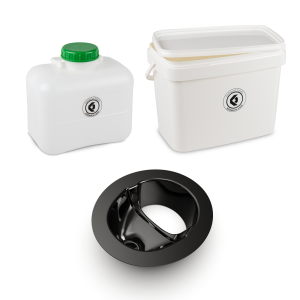When does a dry separation toilet see some water?
As your sustainable on-board toilet for the boat, Today, on World Ocean Day, we're not just yelling "Ahoy!" but inviting all water fans to discover the circular economy of the toilet - as well as wastewater problems and their potential solutions.
Whether we're braving the waves on the great wide ocean or leisurely cruising along a canal of the Loire, we all need to go to the „quiet place“ at some point. And this is where we all need to make a commitment, because the pollution of our water systems with fecal matter is, unfortunately, an issue.
Since 2020, individual tourism is getting far more popular than ever before. More and more people, who had previously favored other options, prefer this type of travel now.
Of course, this is especially true for camping and vanlife, but water tourism is also booming:
Whether rafts for rent or pleasure boats - the element of water seems to magically attract us humans. But what can be observed from the Alster to the Atlantic coast isn´t magic at all. Rather with recklessness - because we have no milder word for fecal matter going overboard.
When fecal tanks of recreational and charter boats are emptied directly into the waters, it is already against the regulations of water protection, but in often unseen and uncontrolled.
And who is surprised when even the actual water protection regulations for shipping have only existed since 2008.
But what is the current situation?
Onboard toilets with sewage treatment plants, Ahoy!
For ferries and large ships, this is probably the most common case: the properly collected wastewater is not discharged into a sewage treatment plant until it reaches the port, where it is cleanly treated.
Modern ships, however, such as some cruise ships, now even have their own wastewater treatment plants on board. Some of these are very sophisticated and are in no way inferior to those on land.
Annoyingly, there are also „black water sheep“ here.
A romantic... Poop vacation?
On small private sailboats it looks quite different. Apparently it applies for unfortunately far too many contemporaries: No one can deny a toilet visit on the sea. At least, if we believe our boat owner friends.
Some countries (the Netherlands) are meanwhile trying to fight legal loopholes with ordinances and sewage discharges.
Yet the solution could not be simpler: Those who don't want to or can't wait for the toilet in the harbor get a dry separation toilet on board. And can so enjoy small swimming trips in clean water.
True freedom - with your own dry seperation toilet on board
If you don't want to unnecessarily pollute the environment with a chemical toilet during your excursion in nature, with a dry separation toilet you hold all the aces.
A sustainable and modern dry separation toilet is versatile customizable, leak-proof, space-saving and can be cleaned and emptied conveniently and easily. The emptying should only be done under appropriate (and easy to follow) precautions on land.
Dry separation toilet: just the beginning
Simplified summary: Different approaches are being used to try to escape the vicious circle of black water, sewage treatment plants and the interruption of the original nutrient cycle.
Above all, the discharge of unfiltered wastewater into the waters of many regions of the world is an enormous problem and presents huge global challenges.
In addition to hygiene aspects, sustainable sanitation solutions must also take safety aspects into account. Not to mention mass suitability. Unfortunately this isn´t the case with sustainable segregated toilets. Simply because not everyone has enough land or the treatment facilities. The legal regulations also differ in this respect depending on where you live.
For World Ocean Day, we would therefore like to underpin our mission:
To make the dry separation toilet as simple and sustainable as possible. And to make them more comfortable and even more aesthetic.
The heart of our work is your user feedback. The result: Kildwick separation toilets already adorn many vans, gardens and vacation homes.
Boat owners are also increasingly discover this option for themselves. A good sign on World Ocean Day.
And all of us? We can do a little more for our planet every day.
Further links on this topic:
https://worldoceanday.org/take-action/
https://skipper.adac.de/2020/02/17/neue-regelung-zu-faekalientank-niederlande/




